How important is vitamin B12 to your health
How important is vitamin B12 to your health?
You may have heard of vitamin B12, if not from a medical professional, at your local Costa Coffee! Yes, that’s right. B12 has “gone mainstream” as it is now offered in a latte for those looking to get their B12 and caffeine fix simultaneously.
What is B12 and why is it important?
For those unsure, allow me to explain why people are keen to increase their B12 intake. Vitamin B12 is a nutrient that helps keep your body's blood and nerve cells healthy. It helps make DNA, the genetic material in all of your cells and also helps prevent megaloblastic anaemia, a blood condition that makes people tired and weak.
Most of the body’s vitamin B12 stock is stored in the liver. Our bodies are very efficient when it comes to B12, it can be stored for up to 3 years. This means that if someone has a B12 deficiency, it can be problematic for a minimum of 3 years (until the body’s store is replenished).
Here are some of the key functions the body needs vitamin B12 for:
B12 is needed for carbohydrate metabolism, it is part of the myelin sheath, it maintains nerve function and we need B12 for conversion of that nasty homocysteine to methionine.
Long term deficiency can cause irreversible neurological complications. Intrinsic factors can be damaged or missing because of pernicious anaemia and sometimes we see an autoimmune response against the parietal cell causing the inability to produce intrinsic factors.
Vitamin B12 regulates 300 chemical reactions and biochemical processes in our body. It has a direct impact on the overall functioning of the body.
What are my recommendations?
When it comes to the importance of B12 for your overall health, I am certain by this point you understand the body’s need to have a consistent supply of this crucial vitamin. This leads us on to discuss what you can do to ensure you are getting enough vitamin B12 in your diet (without having a daily Costa Coffee!). Here are my recommendations:
Eating as many animal products as possible. The darker, the better!
Eggs are also a great source of B12.
Synthetic supplements are another alternative, although natural products will always be the best option.
Would you like to find out more about the Lantern Clinic? You can book a FREE discovery call with Dr Margarita below.


